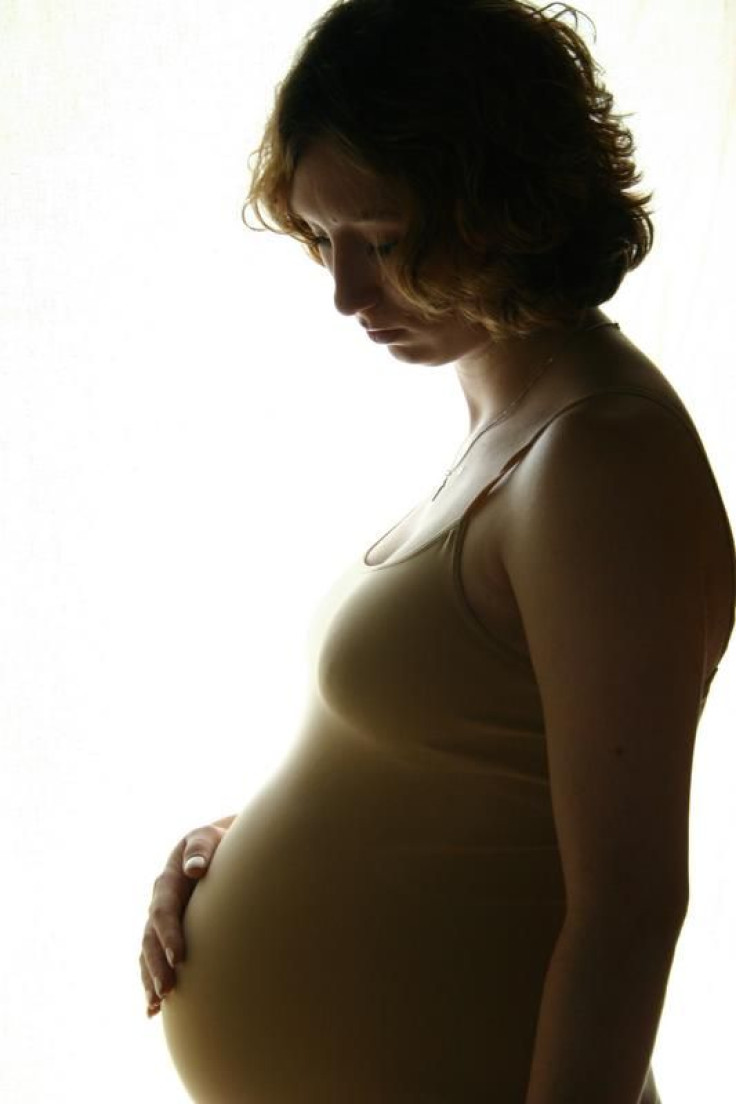Iron Deficiency Raises Chance Of Autism, Especially While Breastfeeding: Study

New research suggests that taking iron supplements during pregnancy and breastfeeding can reduce the risk of children developing autism.
Scientists have suspected a link between iron deficiency and autism spectrum disorder for at least over a decade, when studies on children demonstrated that low iron "can impair cognition." Dr. Rebecca J. Schmidt, of the University of California, Davis, says "iron is crucial to early brain development," including neurotransmitter production and immune function. These areas "have been associated with autism." More recently, iron-deficient rats performed more poorly in mazes.
Schmidt's new study is a little different. She and her colleagues wanted to find out for the first time whether a mother's iron intake had anything to do with a child's chance of developing autism. The risk, they discovered, was significant, according to a news release on their findings, published Monday in the American Journal of Epidemiology. Among those with the highest risk — that is, mothers 35 or older at the time of birth who have low iron and a metabolic condition, such as obesity or diabetes — their children were five times more likely to have autism than healthy mothers.
The study examined hundreds of mothers and their children, including those enrolled in a broader California autism study from 2002-2009. The authors monitored the mothers' eating habits and vitamin supplement intake. Schmidt said the probability of low iron correlating with autism was highest during breastfeeding.
"Iron deficiency is pretty common, and even more common among women with metabolic conditions," Schmidt said in a statement. "We want to be cautious and wait until this study has been replicated. In the meantime the takeaway message for women is do what your doctor recommends. Take vitamins throughout pregnancy, and take the recommended daily dosage. If there are side effects, talk to your doctor about how to address them."
Source: Schmidt RJ, et al. Maternal intake of supplemental iron and risk for autism spectrum disorders. American Journal of Epidemiology. 2014.



























